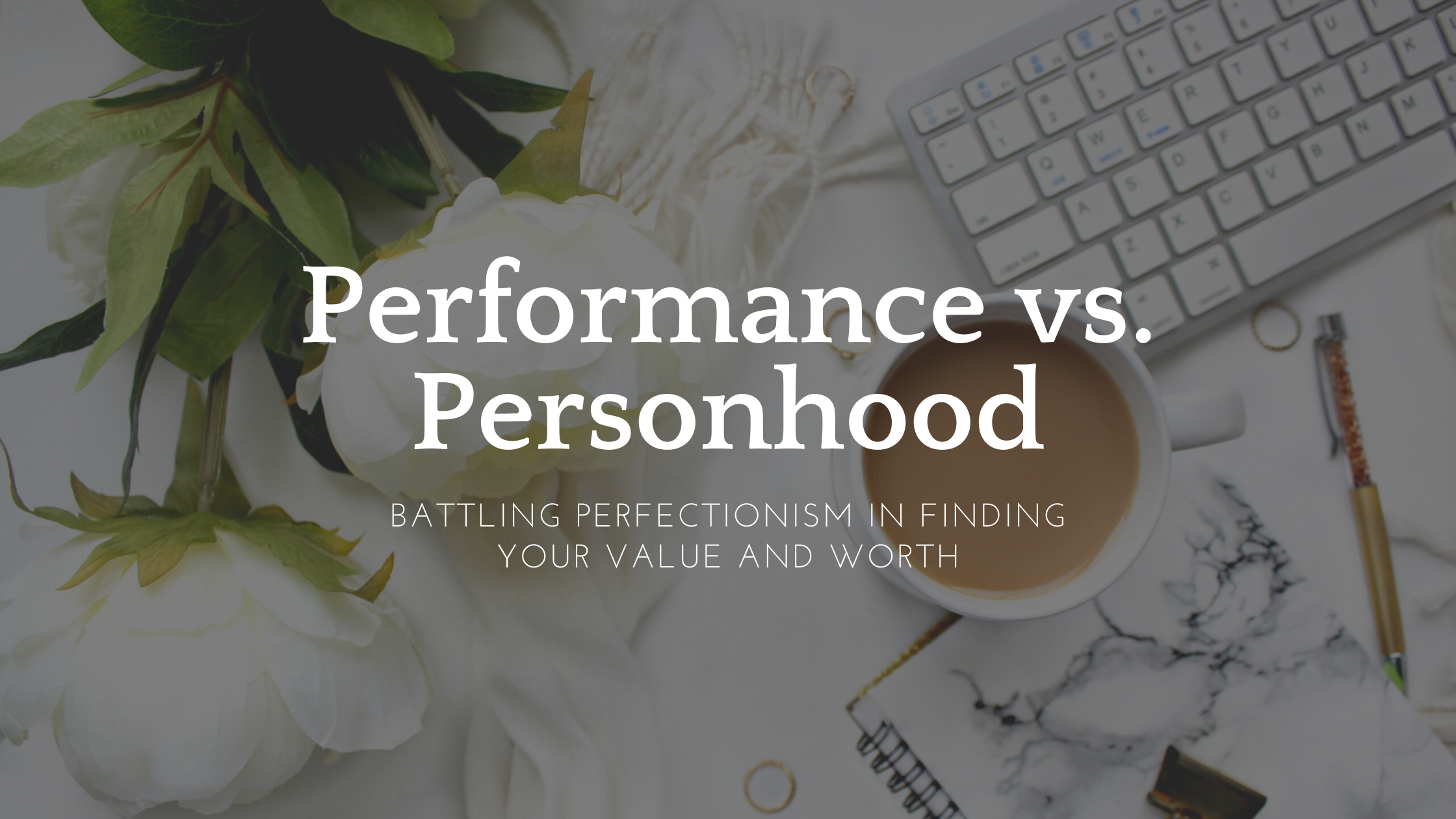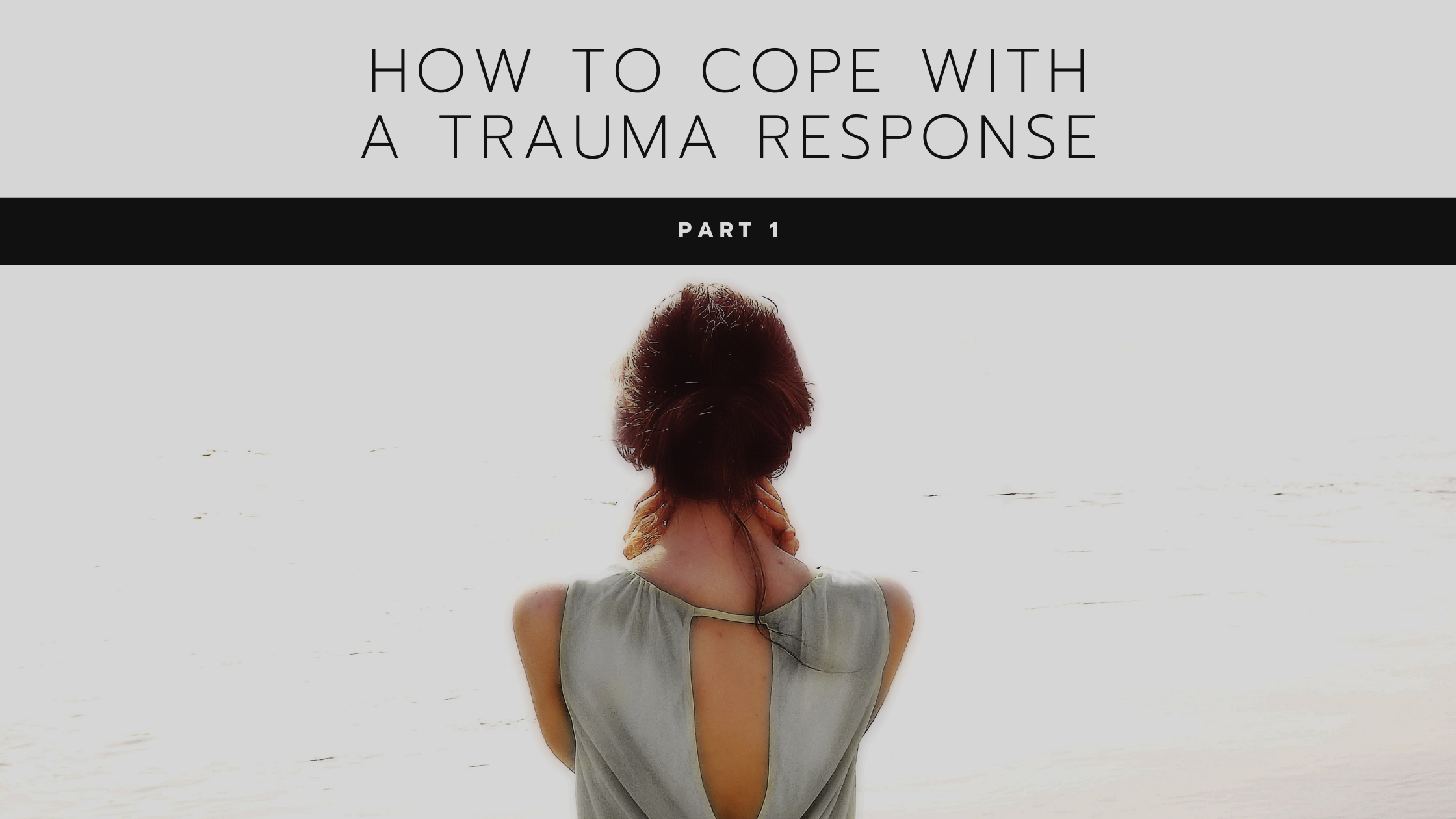Everyone experiences some level of worry, nervousness, or unease from time to time, like when taking a test or interviewing for a job. Clinical anxiety, in the other hand, is characterized by excessive fears, physical distress, panic attacks, or a pattern of other intense symptoms that affect your daily life.
Symptoms of anxiety include:
Racing, out-of-control thoughts
Intense fears, sometimes about a specific experience
Excessive or disproportionate worry
Avoidance of certain people, places, or things associated with intense anxiety
Feelings of dread
Irritability
Restlessness or feeling “on edge”
Difficulty concentrating or focusing
Gastrointestinal distress
Fatigue
Negative beliefs about self
Sleep disturbance, either difficulty falling asleep or restless sleep
Panic attacks (surge of intense fear or discomfort associated with such symptoms as accelerated heart rate, sweating, shortness of breath, shaking, chest pain, nausea, dizziness, fear of losing control, and fear of dying)
You won’t know for sure if you have clinical anxiety until you speak with a therapist and they hear your story to see what’s causing the anxiety and give a more accurate diagnosis.
Frequently Asked Questions
How do you treat anxiety?
I treat anxiety by managing the physical symptoms through breathing and calming exercises, increasing self-care and positive coping, and addressing any distorted thoughts that are contributing to the physical anxiety reaction. These strategies help you experience a reduction your anxiety symptoms and greater awareness of body sensations associated with anxiety. You will learn to cope with stress and fears in a way that doesn’t let anxiety take over. Your self-esteem will grow as you tackle self-defeating thoughts.
What can I expect in treatment for anxiety?
Treatment is specialized to the type of anxiety you experience. Typically, we start by addressing physical symptoms of anxiety through mindfulness and breathing techniques. Practicing grounding exercises calms down your physiological arousal system. In essence, you’re telling your body “I’m safe.”
Next, we increase positive coping through self-care activities to help with stress and handling anxiety reactions. We identify and address the negative, distorted beliefs tied in with the anxiety. We may also process past experiences of trauma that can be contributing to the anxious thoughts.
In the case of phobias, I use exposure, which involves becoming accustomed to the feared object without the natural reaction of avoidance, using the breathing exercises learned earlier to reduce physical symptoms.
With some specific disorders, medication may be helpful.
Are anxiety and depression linked?
Yes. Depression and anxiety are frequently confused with one another, as they share many symptoms and can both be present in the same person. While they both include negative thoughts about the self, anxiety more often shows physical symptoms. A skilled therapist can help you discern if you’re struggling with anxiety, depression, or both.
What are different types of anxiety?
Generalized anxiety disorder is a constant pattern of racing thoughts, negative self-talk, negative beliefs, fears, and other symptoms of clinical anxiety lasting six months or longer and interfering with daily life.
Social anxiety disorder involves intense fear or anxiety specifically around social situations.
Specific phobia involves intense fear around a specific stimulus, such as spiders or heights.
Panic disorder is a pattern of one or more panic attacks (intense experiences of anxiety) which can lead to fears of dying and hospitalization. Anxiety is worsened by fear of having another panic attack.
Should I be on medication?
This differs on a case-by-case basis. For some, medication can serve as a helpful supplement to the work we’re doing in therapy. Some of the best outcomes in research come from use of medication and therapy together. Sometimes medication can be a helpful way to jump start and get the progress moving. If you think medication might be helpful for you, talk with your doctor and psychotherapist about your options.
Are anxiety and stress the same?
Stress is something everyone experiences, and it can be caused by positive events like marriage or a move to a new home, or negative events. Anxiety is a disproportionate response to stress when we do not have adequate resources to cope with it. If you experience high levels of stress but you don’t have a way to cope with that stress, your body is affected. Anxiety also can occur in the absence of high stress.












